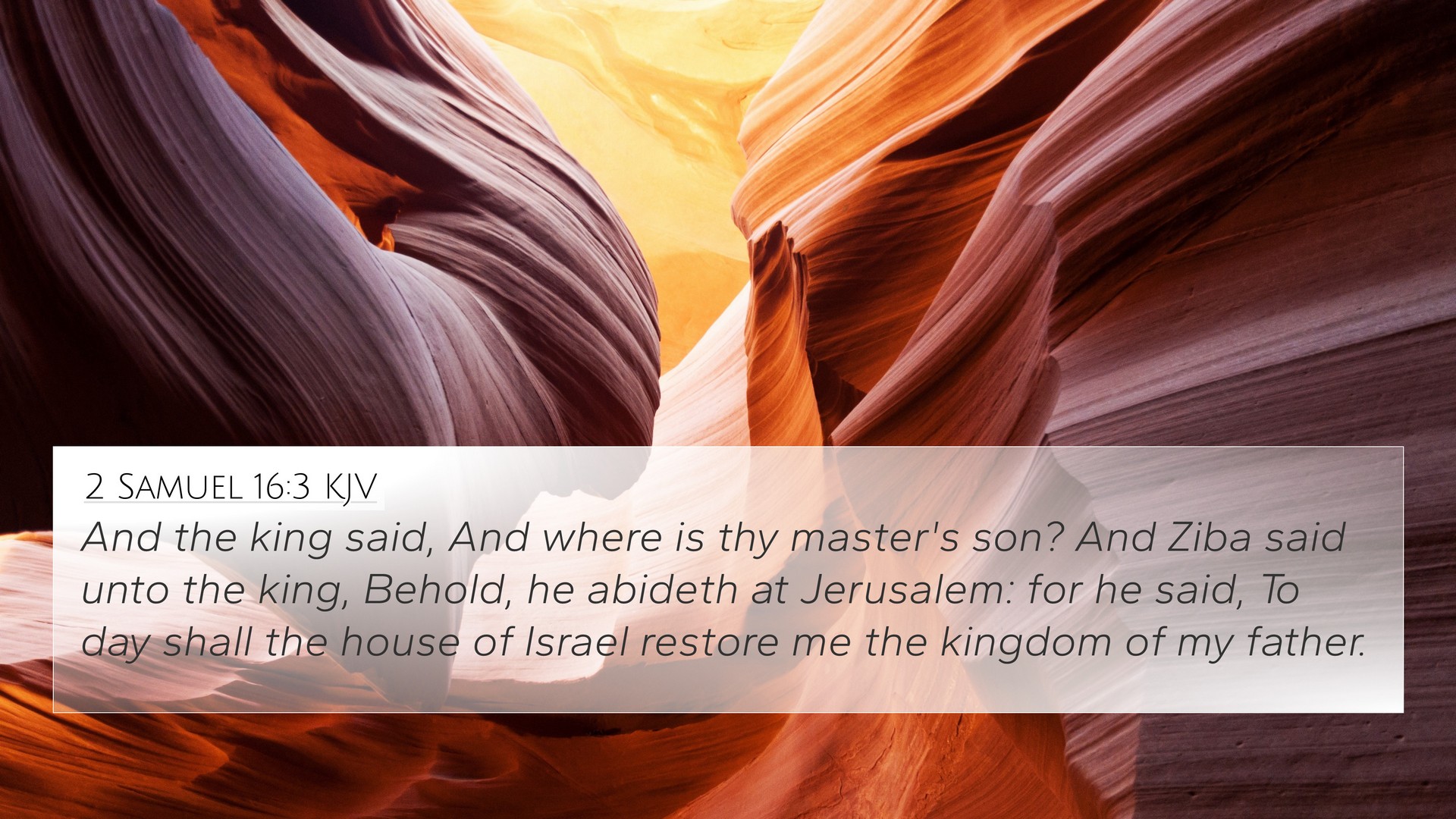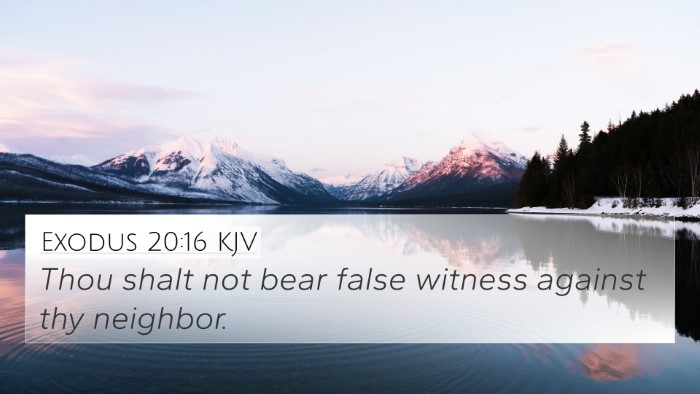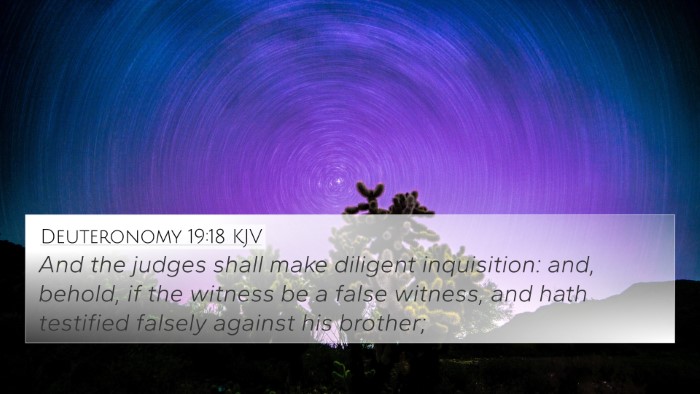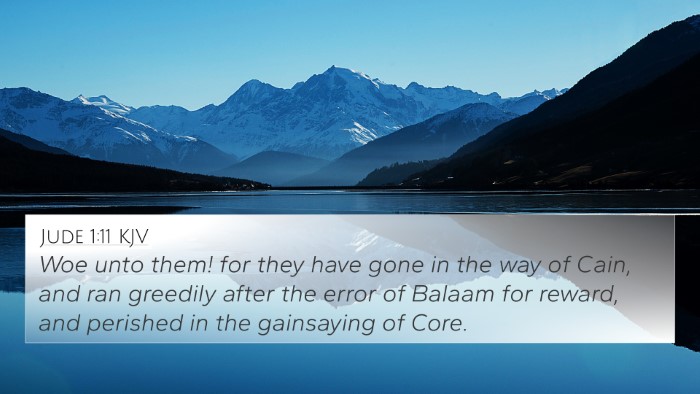Understanding 2 Samuel 16:3
Verse: 2 Samuel 16:3 (KJV) - "And the king said, And where is thy master's son? And Ziba said unto the king, Behold, he abideth at Jerusalem: for he said, To-day shall the house of Israel restore me the kingdom of my father."
Verse Meaning and Interpretation
This verse occurs in a critical moment during David's reign, reflecting themes of loyalty, political intrigue, and the struggle for power. David, encountering Ziba, inquires about Mephibosheth, the son of Jonathan and grandson of Saul, who has remained in Jerusalem. Ziba's response indicates a perceived shift in Mephibosheth's loyalty, suggesting that he is awaiting a return to power for his family through political maneuvering. This creates tension and sets the stage for further developments.
Commentary Insights
-
Matthew Henry's Commentary:
Henry emphasizes the complexities of loyalty amidst political upheaval. His analysis highlights how Ziba, by mentioning that Mephibosheth stays in Jerusalem, suggests that he is hoping for an opportunity for restoration, showcasing the fragile connections between former enemies and allies within the monarchy.
-
Albert Barnes' Commentary:
Barnes points out that this dialogue underscores the division within Israel during Absalom's revolt. He interprets Ziba’s words as manipulative, leading David to misconstrue Mephibosheth’s intentions, creating a scenario rife with mistrust and deceit.
-
Adam Clarke's Commentary:
Clarke focuses on the implications of the statement regarding Mephibosheth’s aspiration to reclaim his family’s former glory and status. He provides context about Ziba's dual roles as a servant and accuser, questioning Mephibosheth's loyalty and the legitimacy of his claim.
Thematic Connections
This scripture is rich in its themes and connects with several other biblical texts:
- 2 Samuel 9:1-13: The kindness of David towards Mephibosheth represents a theme of grace and loyalty.
- 2 Samuel 15:2-6: Absalom's conspiracy and the gathering of supporters highlight the political dynamics at play in Jerusalem.
- Psalm 55:12-14: A reflection on betrayal may parallel Mephibosheth’s situation, expressing the pain of betrayal among friends and allies.
- 1 Samuel 20:14-17: The bond between David and Jonathan emphasizes loyalty amid factional struggles.
- Jeremiah 37:13-14: Shares themes of political intrigue and shifting allegiances, resonating with David's experiences.
- Matthew 10:36: "And a man's foes shall be they of his own household," connects with the betrayal dynamics seen in 2 Samuel.
- Acts 1:24-26: The choosing of Matthias parallels themes of loyalty and the question of rightful authority among chosen leaders.
Cross-Referencing Biblical Texts
In examining connections between Bible verses, there are rich narratives surrounding loyalty, betrayal, and power struggles. 2 Samuel 16:3 serves as a pivotal moment illustrating these themes. This exploration can lead to deeper understanding through comparative Bible verse analysis.
Tools for Bible Cross-Referencing
When studying scriptures like this one, various tools can enhance understanding:
- Bible Concordance: An index of words and phrases that can help find cross-references and related verses.
- Bible Cross-reference Guide: Useful for tracing themes and connections between verses.
- Bible Reference Resources: Helpful materials for scholars and laypersons alike in their study of scripture.
- How to Use Bible Cross-References: Guides on understanding how verses are interconnected.
- Cross-reference Bible Study: Techniques for studying scriptures in contextual relationships.
- Bible Chain References: A method of linking verses to construct a narrative or theme.
Conclusion
In summary, 2 Samuel 16:3 illustrates the tension of loyalty within political strife and the complexity of relationships in a time of upheaval. This verse reveals the nature of human ambition and the interplay between personal and political allegiances. Understanding its implications through the lens of cross-referencing enriches our grasp of the biblical narrative and its enduring lessons.














